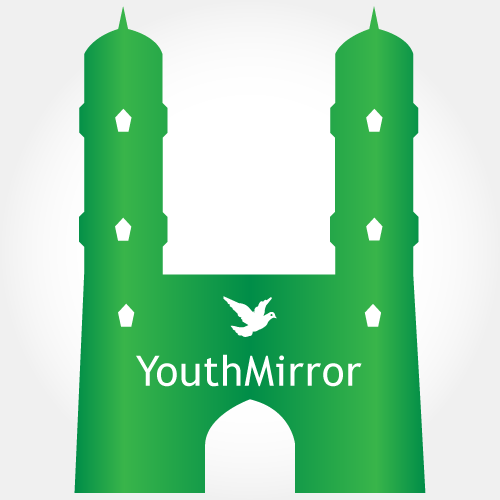Hyderabad: There are internal disparities among Muslims in attainment of higher education based on income-level, gender and medium of education; and institutions like MANUU must give preference to such groups through scholarships, differential fee structure, hostel facility and remedial coaching classes. These were the thoughts expressed by Prof. Sukhdeo Thorat, Emeritus Professor, Centre for the Study of Regional Development, Jawahar Lal Nehru University and Former Chairman, University Grants Commission while delivering a lecture on “Where do the Muslim lag behind in higher education?: Lessons for policies”. He was speaking as chief guest on the 25th Foundation Day of the Maulana Azad National Urdu University (MANUU), Hyderabad.
Prof. Syed Ainul Hasan, Vice-chancellor, presided over.
Prof. Thorat started his lecture by giving a brief history of the policies on higher education adopted in the country since independence. He reiterated the fact that Muslims had the lowest Gross Enrolment Ratio (16.6%) in higher education among all the communities in the country (national average is 26.3%). He also pointed out that Muslim students depend highly on government institutions (54.1%) as compared to other communities (national average 45.2%), and only 18.2 percent Muslims students go to private aided higher education institutions and 27.4 percent to private unaided higher education institutions against a national average of 24.4 percent and 30.1 percent respectively. Private aided and unaided higher education institutions are mostly English medium professional colleges, and Muslims have less access to these institutions, said Prof. Thorat.
Prof. Thorat further said that research shows that Muslims students who are from Hindi or Urdu medium have less probability of going into higher education than those who are from English medium. He suggested higher education institutions like MANUU must provide English language support to students from economically weaker sections.
Prof. Thorat exhorted MANUU to start special courses and diplomas, especially through distance mode, to promote production enterprises and business/trade. This will reduce the drop-out rate among the Muslims (15.6%), which is second highest in the country (national average is 12.6%), as more than half of them come from self-employed households.
Prof Syed Ainul Hasan, Vice Chancellor, in his presidential address termed Prof. Thorat’s lecture as an eye opener and a perfect curtain raiser for Silver Jubilee celebrations. He further said that MANUU is doing its level best to tackle some of the issues raised by Prof. Thorat. For this purpose the university is developing coordination with other institutions and experts, he added.
Earlier, Prof. S.M Rahmatullah, Pro-Vice Chancellor, introduced the Chief Guest and threw light on the objectives of the university and the background of its establishment. He also underlined Prof. Thorat’s role in the development of MANUU, in its initial years, during his tenure as Chairman UGC.
A special Montage prepared by Instructional Media Centre was also released to mark the beginning of Silver Jubilee Celebrations.
Prof. Siddiqui Mohd. Mahmood, Registrar I/c, gave the vote of thanks. He said that MANUU is not just an institution but a movement. He described the foundation Day as day of self evaluation.
Prof. Mohammad Fariyad, Head Dept. of MCJ, compered the whole online programme. The programme was attended by directors, deans, faculty members, administrative staff and students of the university.
